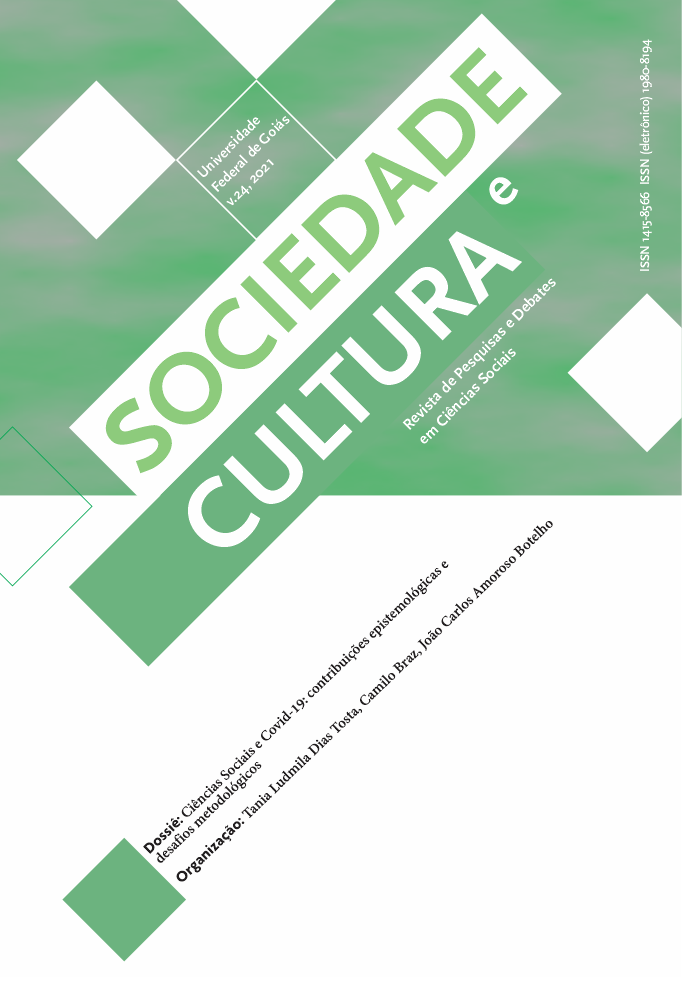Social inequalities in backlit: an analysis based on class trajectories in Argentina
DOI:
https://doi.org/10.5216/sec.v24.63396Abstract
This article presents results of an ongoing research project in which we analyze social inequality in Argentina for the period 2003-2019. As a starting point, we propose to address social inequalities as a relational, multidimensional, procedural, and multiscale phenomenon. To grasp how the various forms of inequality between social classes are built in a specific territory and over time, we take the dynamic perspective of social trajectories: a) career; and b) education. We see that educational trajectory analysis and the consequent labor insertion makes visible the way in which structural circumstances (economic models and their relation to the existing possibilities in the labor market) are articulated/tensioned in the face of institutional policies (relations and public and private policies for labor insertion) and individual action (subjective strategies for insertion and permanence in the labor market). In this article, we focus our attention on the latter dimension, with an analysis that focuses on representations and actions of individuals regarding their trajectories. Among the main conclusions we may highlight that, while the upper middle class has relatively homogeneous educational and career trajectories, reaching the highest educational levels and hierarchical positions, in addition to good hiring conditions, stability, and social security, the middle class active in the labor market and the working class have heterogeneous educational and career trajectories. The former conclude High School and enter Higher Education at undergraduate and graduate levels, and the creation of career trajectories associated with formal public or private administrative positions or with self-employment, which entail poor hiring conditions. Finally, the informal working class follows educational trajectories with poor credentials and it has very long informal career lengths, beginning in childhood.
Downloads
Downloads
Published
How to Cite
Issue
Section
License
Copyright (c) 2021 Sociedade e Cultura

This work is licensed under a Creative Commons Attribution 4.0 International License.
Authors who publish in this journal agree to the following terms:
- Authors retain the copyright and grant the journal the right of first publication, the work being simultaneously licensed under the Creative Commons Attribution License, which allows the sharing of the work with acknowledgment of authorship and of the initial publication in this journal;
- Authors are authorized to enter into additional contracts separately, for non-exclusive distribution of the version of the work published in this journal (eg, publishing in an institutional repository or as a book chapter), with acknowledgment of authorship and of the initial publication in this journal;
- Authors are allowed and encouraged to post and distribute their work online (eg, in institutional repositories or on their personal page) at any point before or during the editorial process, as this can bring productive change as well as increases the impact and the citation of the published work (see O Efeito do Acesso Livre).



